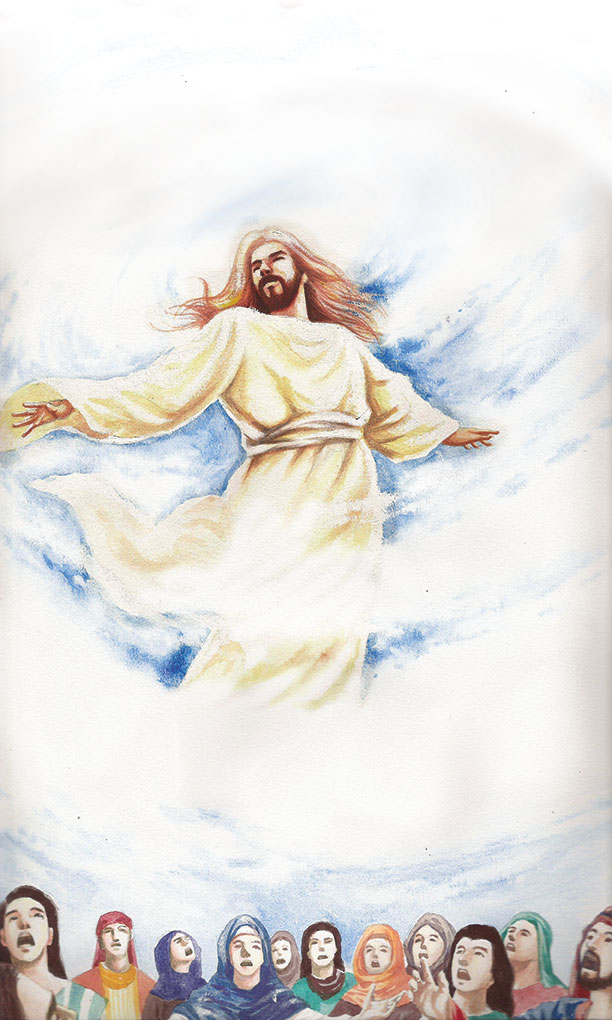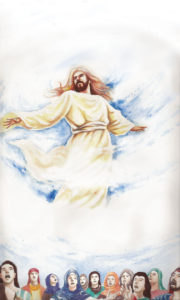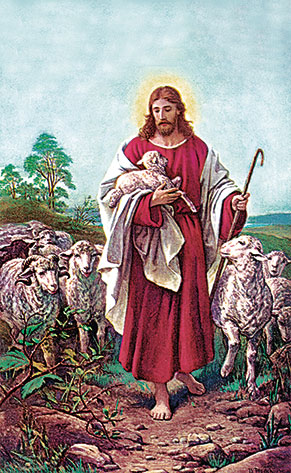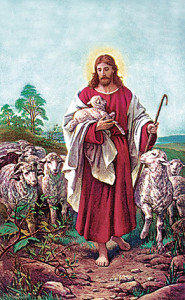“Behold, I Am Coming Quickly!”
“He’s coming! I’m so excited! It was three years ago that we were engaged, then he was sent overseas. I think about him every day. We text and e-mail, but I long to see him face to face and hold him in my arms. Now he’s coming home. We will be married and live happily ever after! I just can’t wait!”
If you can imagine the excited anticipation of that fiancée, then you can understand the joy, excitement, and preparation of Advent. Your Bridegroom is coming! You were betrothed to Jesus Christ when you were baptized and brought to faith in Him alone for your forgiveness and salvation. Paul wrote to the Corinthians, “I have betrothed you to one husband, that I may present you as a chaste virgin to Christ” (2 Corinthians 11:2).
Ever since your engagement, you have been physically separated from your Bridegroom. You think about Him daily and communicate with Him by reading His letters and talking to Him in prayer. In the approaching Christmas season you fondly remember how He came to this world to rescue you from the misery of sin and the bondage to Satan, and to unite you with God forever. During Lent you remember with great pride how He heroically went to battle for you and came out victorious on Easter morning. Then you think about how He ascended to take up His throne in heaven to rule everything in the world for your benefit. Doesn’t it give you a thrill to hear Him say that He went to prepare a place for you in the mansions of heaven, so you can live with Him there forever?
Now we hear, “Behold, the Bridegroom is coming!” (Matthew 25:6). Do you feel the excitement in those words? Your long awaited bridegroom is coming! And He promises, “Behold, I am coming quickly!” We don’t know what day He will come, but it will be soon. When He comes, we will be part of the greatest marriage celebration ever, and truly live happily ever after with Him in Paradise. John sees ahead to that day and says, “Let us be glad and rejoice and give Him glory, for the marriage of the Lamb has come, and His wife has made herself ready. And to her it was granted to be arrayed in fine linen, clean and bright, for the fine linen is the righteous acts of the saints” (Revelation 19:7-8).Read More »“Behold, I Am Coming Quickly!”








